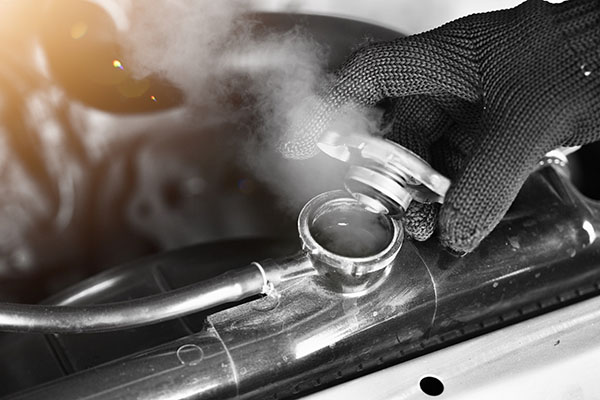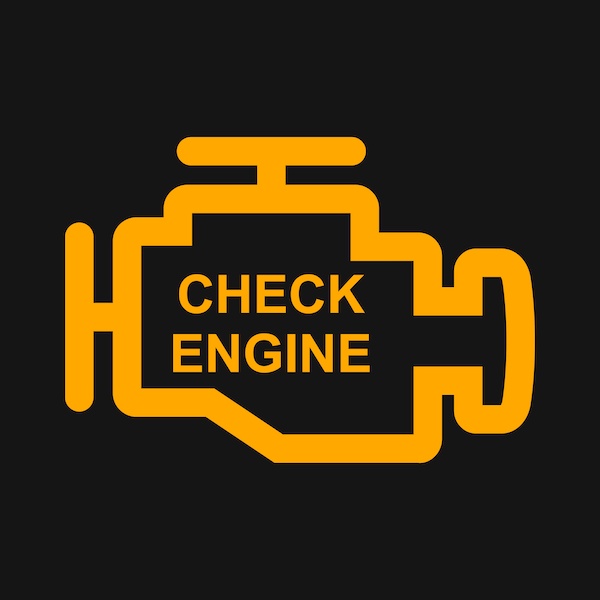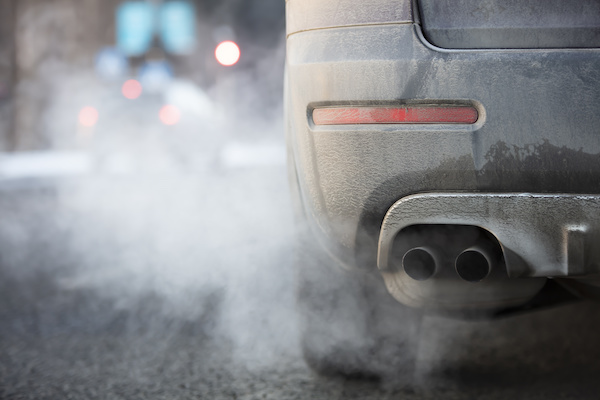Posted on 3/16/2023

The cooling system in your car is one of the most important components. It circulates coolant from the radiator through the engine to keep temperatures stable and safe. Without a good cooling system, your engine will not function properly, resulting in major engine damage. It's important to understand some of the common warning signs of cooling system failure before it gets too serious. A Plus Automotive has put together a short list of common signs that your cooling system is beginning to fail. 1. Check Engine Light You might see the temperature warning light, the check engine light, or another warning light related to your cooling system. When these lights illuminate, it's time to get your vehicle inspected. If the check engine light is illuminated and you experience any of the symptoms listed below, the cooling system is almost certainly to blame. 2. Overheating As the name implies, the cooling system cools the engine so it can w ... read more
Posted on 2/28/2023

Every car owner has had the check engine light on at least once, and they know it's not good news. Despite that, if the car continues to run, seemingly without a problem, it's shrugged off and forgotten until it's too late. This is especially bad if the check engine light is blinking. Wondering why? Reading on, you will find out the differences between a solid and flashing engine light. Solid Check Engine Light When the check engine light is turned on and is not blinking, it serves as a warning. A warning that something is about to break or malfunction - you can also say that it is pointing directly to a repair shop. Blinking Check Engine Light A check engine light that is blinking means big trouble. It blinks, so your attention is drawn to it. Something serious inside of the vehicle has happened and needs repair ASAP. Despite its name, the check engine light doesn't only mean problems in the engine. It also means the transmission, electrical system, brakes ... read more
Posted on 1/31/2023

The cold winter season is here, and though it brings about many reasons to celebrate and relax, your car might not be one of them. The cold weather poses many negative effects to vehicles, read on to find out more! Dead Battery If your winters get freezing cold then you've probably run into this problem before. Car batteries are sensitive to extreme temperatures both hot and cold. Colder temperatures in particular cool down the car battery so much so that it is very difficult to start the car. To avoid such a dilemma, you'll need to start and drive your vehicle regularly throughout the season's weeks, this will keep the car battery charged and ready for work. Thickened Car Fluids The car has multiple different fluids the likes of: Oil Antifreeze Transmission fluid Coolant During the cold winter season, these fluids will thicken due to the cold winter temperatures. This change in texture means that these fluids will not flow as usual and as efficiently. This can cau ... read more
Posted on 12/23/2022
.jpeg)
Brake rotors are the circular plates that are mounted to the wheels of a car. They are located between the brake pads and the wheels. They are responsible for helping the car stop when the brakes are applied. When the brake pedal is pressed, the brake pads clamp down on the brake rotors, causing the car to slow down or stop. Brake rotors are typically made of cast iron or steel and are designed to withstand the high levels of heat and stress that are generated when the brakes are applied. However, in certain circumstances, brake rotors can warp. There are several factors that can cause brake rotors to warp: Excessive Heat Brake rotors can become warped if they get too hot. This can happen if the brake pads are worn down and the metal backing plate is rubbing against the rotor, or if the brakes are overused or applied for an extended period of time. Improper Installation If the brake rotors are not installed the right way, it can cause them to warp. This can happen if the rotors a ... read more
Posted on 11/29/2022

Driving at night, in the dark, comes with a number of challenges that aren’t present during the daytime. It is a dangerous activity. No matter how seasoned of a driver you are, or how great your eyesight is, it is statistically shown that more car accidents happen at night than at any other time of day. Here are some tips to combat the hazards of driving past sunset: Don’t Skip Eye Appointments - We’re not trying to be your mom or dad, but annual eye appointments are key to making sure your eyes are healthy and in good shape to see the road at night. Naturally, our eyes weaken with age. So, you may find yourself needing some glasses or contacts at one point. Check Your Car’s Headlights - Another great tip we have to offer is to test your headlights. You’re going to rely on them more with less daylight this season. They should be bright enough and aim at a proper angle. Always Be On the Lookout for Wildlife - Canadian wildlife is unlike anywhere else. If ... read more